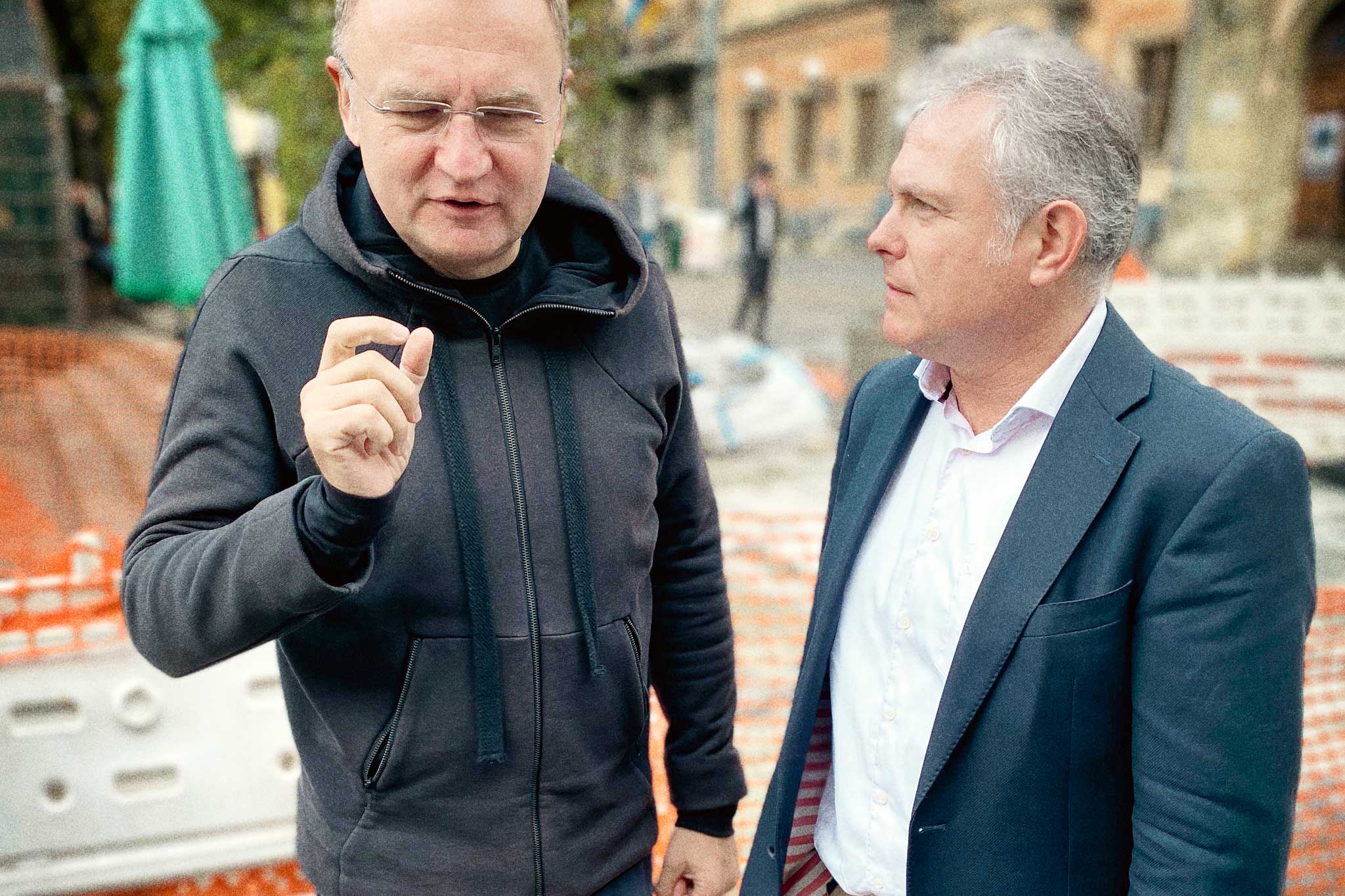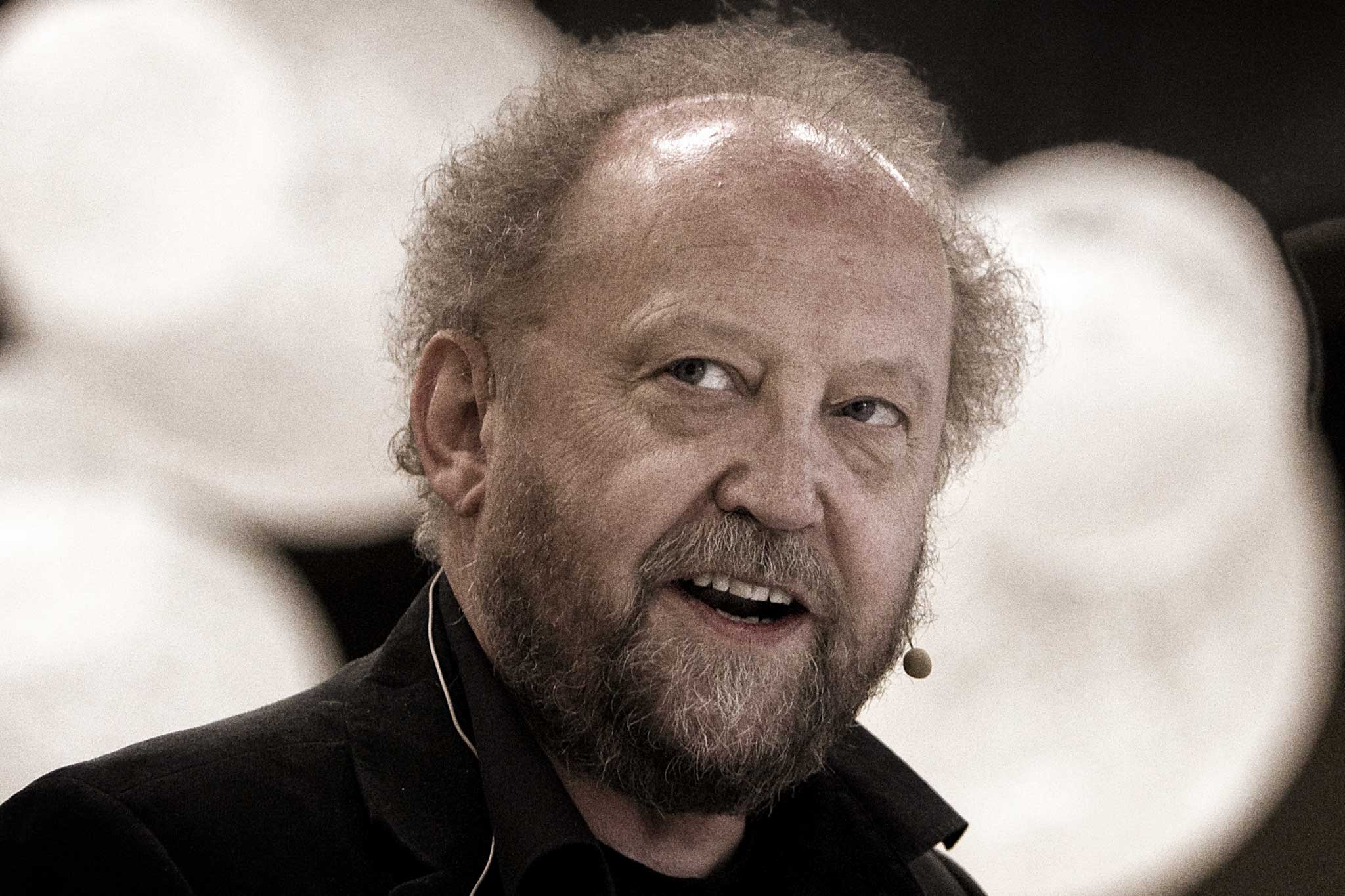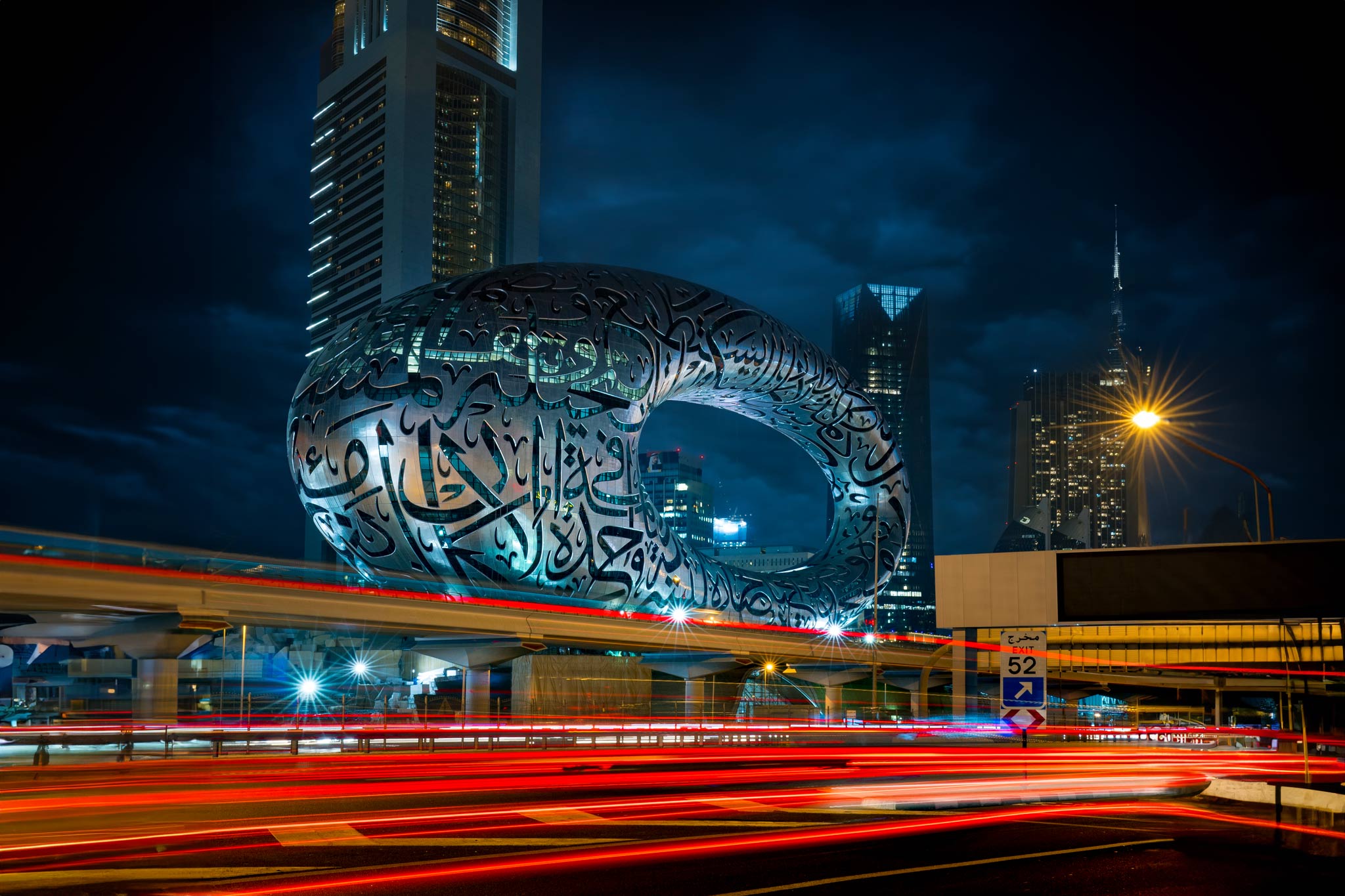Every convention can leave long-term positive changes for its host destination if thought is put into its planning, implementation and follow-up. Traditionally, destinations have sought only economic impacts regarding delegate numbers, hotel room nights, food and beverage spending by delegates, pre- or post-touring heads and expenditure. In short, a convention is valued in dollars and cents and its potential for jobs. However, the new thinking is richer and deeper, and supplements economic and tourism impacts with another powerful, richer, life-changing value: legacy impact, or long-term positive changes.
Ukraine, April 2022 A group of Lviv doctors and the Lviv City Council met to discuss support for the war injured. From this meeting, a mission emerged to offer the best possible rehabilitation for military and civilian people suffering life-changing injuries as a result of the war. The Unbroken rehabilitation concept was born, a big vision which needs big drivers, significant funds, diverse skills, unfettered passion and commitment, and global support.
One year later, Lviv hosted the International Rehabilitation Forum (IRF 2023) as a follow-up convention. Faced with the complex challenges of an infrastructurally devastated country and of a people whose lives would change because of the war, the vision for an ‘unbroken’ Ukraine drove the organisers to not only attract participants to come to the city but also to leverage the convention as a means and end to change the trajectory of the future for Lviv and Ukraine.
Without a doubt, the most tangible legacy from this convention is the National Rehabilitation Center in Lviv, set up to treat people injured in the war. Aptly named Unbroken to reflect the resilient spirit of the nation and its people, the first phase of this centre was officially opened during IRF 2023. However, there are many other significant legacies which make the forum worthy as a ‘milestone’ convention which will not only serve Ukrainian communities, but also other people around the world who are also in need.
Solidarity across Borders The Unbroken facility converged the interests and the cooperation of numerous national government and private sector organisations such as Ukraine’s Ministry of Health, Ministry of Veterans, Ministry of Social Policy, Red Cross of Ukraine and local businesses. Invaluable support also came from across the borders, municipalities from different EU cities, the Ministry of Health of Germany, and many NGOs and individuals. Celebrities like Bono from U2 drew on their profile and reached out to become Unbroken Ambassadors to raise funds and draw attention to the cause. The world-famous Japanese architect Shigeru Ban presented the first concept and visualisation of the surgery building of Unbroken at IRF 2023.
One of the world’s leading developers and manufacturers of prosthetic systems, Össur (Iceland), pledged to help provide prosthetics to Ukrainians, to train specialists and prosthetists, and to assist in selecting the best prosthetic solutions for patients. American humanitarian organisation Direct Relief donated one million US dollars to the Unbroken Center. Apart from this, Freiburg City, Lviv’s sister city in Germany, allocated one million euros to construct a dormitory for Unbroken patients. There are many others.
These trans-border, interorganisational cooperation resulted in the highest level of treatment, prosthetics, and physical and mental rehabilitation for veterans, their families, and Ukraine’s internally displaced. However, this legacy will serve beyond the country as Unbroken’s mission is to be Europe’s largest and most advanced rehabilitation facility, which can serve up to 10,000 patients annually.
“Aptly named Unbroken to reflect the resilient spirit of the nation and its people”
Collaboration within the Ukrainian IT sector Since the first IT companies appeared in Ukraine in the mid-1990s, the country’s IT tech industry has experienced a meteoric rise. Over the years, Ukraine’s leading companies have expanded from the basics of software development to higher-value work like systems architecture, business analysis, experience design and helping businesses to be more competitive in an increasingly digital world. Today, it accounts for four per cent of the country’s GDP and employs around 200,000 people.
In the second year of the war, Ukraine’s tech industry has demonstrated resilience, remaining the only export industry fully operational during the war while continuing to develop. Lviv’s IT Arena, a home-grown local IT event, has grown quickly to become the key technology event in Eastern Europe, bringing together more than 5,000 participants in 2020. Its 10th-anniversary edition this year was held at the Lviv National Opera, Maria Zankovetska Theater and the Andrey Sheptytsky National Museum.
The Lviv IT Cluster, the largest community of IT companies in Ukraine, joined forces with the First Medical Association of Lviv and the Lviv City Council to set up the Mental Health Center (MHC), part of the Unbroken facility. The institution employs psychotherapists, psychiatrists and psychologists to help Ukraine’s military and all needing mental health support.
Anyone can make a free appointment at MHC through a referral from a general practitioner to seek treatment for anxiety, neurotic and psychosomatic disorders, panic attacks, eating disorders and other mental health rehabilitation services. Through the Unbroken project, Lviv’s doctors have collaborated with international specialists from the Center for Post-Traumatic Stress Disorder of the Yale School of Medicine at Yale University, as well as Harvard University and the French Primo Levi Center, which has been helping people who have suffered from captivity, torture and violence.
Help for the Vulnerable and those Most in Need The Mental Health Center for Children and Teenagers under the Unbroken Kids Project opened in November last year. It will help the next generation of Ukrainians lead as normal lives as possible despite the heavy challenges and trauma they have encountered. Additionally, the Unbroken Mothers Center can house up to 20 families and provide accommodation and support for women who are internally displaced, offering social services like psychosocial support as well as helping them with the restoration of their essential documents.
Psychologists from the Lviv City Center for Social Services come to the camp and work with children through art therapy. Although the Unbroken Mothers Center is a temporary shelter, it does not look like a typical temporary housing facility for refugees. With landscaped gardens, walkways, and a lake nearby, the Mothers Center offers not only shelter and food but also solace, recovery, and friendship. It nurtures the unbroken spirit of these mothers and their children.
Since the war started in February 2022, the Unbroken Center has been reported to have treated more than 12,000 Ukrainians, including over 500 children. It is estimated that around 5,000 people have lost limbs and need prosthetics. The facility has a small prosthetic workshop, and, in the future, it hopes to print bone implants on a 3D printer. At Unbroken, there is an occupational therapy apartment with a kitchen in the building, where patients are taught to care for themselves in home-like scenarios, like holding a toothbrush or pencil again. There is also a room laid out like a grocery store where patients can practice shopping with their prostheses on.
“The Unbroken rehabilitation concept was born, a big vision which needs big drivers, significant funds, diverse skills, unfettered passion and commitment, and global support”
Transforming the Public and Community into Change Makers After the International Rehabilitation Forum, Lviv gained a reputation as a place which helps injured soldiers and civilians. The Unbroken Center and its ecosystem influenced the general public’s and international community’s view of the war in Ukraine. They encouraged more companies, cities, countries, and associations to join Unbroken projects. People in Lviv started to rethink their attitudes towards people with disabilities and started learning more about how to be more inclusive, how to communicate correctly, and how to be supportive.
The Lviv Tourism Office, together with non-governmental organisations, started training sessions for hotels and restaurants addressing accessibility and inclusion issues. A new socio-cultural project, ‘The City Heals’, offers free tours for soldiers being treated or getting rehabilitation in Lviv. In its pilot year, this project includes city tours and visits to museums, theatres, and institutions, with each itinerary customised for each person in need.
Another social project uses sport as a rehabilitation tool while helping patients move on with their life-changing injuries. From an infrastructural point of view, Unbroken Sport aims to build an ice arena with two hockey sledge rinks for training and competition. Sledge hockey is a variation of ice hockey played by people with disabilities, including those with amputated limbs.
“We want to promote sports among our veterans and build relevant infrastructure for people with disabilities. This is part of the overall Unbroken project,” says Roman Hapachylo, Head of Unbroken Sport.
Outwardly, the goal is to create the first Unbroken Ukrainian veterans sledge team, leading to participation in the Paralympic Games 2026 in Milan. The bigger, long-term transformative intention is for the physical and mental health and rehabilitation of the war injured and disabled.
Environmental Legacy: Doubling down on Sustainable Solutions The Rehabilitation Forum catalysed new approaches not only in medicine and rehabilitation therapy but also in infrastructure development. For the Unbroken projects, old buildings were renovated into new and modern versions, taking into account all sustainable considerations. The Lviv City Council subsequently announced plans to build a new tram line to the rehabilitation centre to make access more sustainable and comfortable. At the official opening of phase one of the Unbroken Center, IRF delegates and officials planted trees around the facility. These trees included edible chestnuts and European larches, which will put on beautiful colours in the autumn. Sycamores, maples, and many different bushes and perennial flowers will also be planted so that the area around the rehabilitation building will be as beautiful and soothing as possible.
“This single convention yielded legacies across five spectrums: political, social, environmental, sectoral and economic”
Positive Policies to Improve Lives At IRF 2023, the Ministry of Veterans Affairs Ukraine announced that the Veteran’s Assistant Institute project will be launched with Lviv as one of the four pilot project sites. At this Institute, specialists or Veteran Assistants will help veterans transition from military service to civilian life. It will include assistance through education, obtaining civilian employment speciality skills, obtaining grants for businesses and any other requirements to make the transition for these veterans as smooth as possible. Future Veteran Assistants will be trained at Veteran Development Centers at designated higher education institutions. One such centre has already opened in Dnipro at the University of Customs and Finance. Specialised training programmes to support veterans and their families have also been developed.
In assessing the legacy impacts from that first meeting in April 2022, where the goals and interests of Lviv doctors and the city council converged, Gary Grimmer, a legacy consultant from Gaining Edge, says: “A key part of ensuring legacy is to envision strategic goals of the convention and to design strategic action as part of the convention’s pathway. The Unbroken project benefitted from these deliberate actions.”
One year later, at IRF 2023, one of the programme designs was the exhibition and pitching of development projects under the theme ‘Innovation for Rehabilitation.’
“This Startup Alley saw eight Ukrainian and two Polish startups present their innovations, which will facilitate the physical and psychological rehabilitation of military men and civilians. The winner showcased a neurotechnological platform for online mental health testing using eye-tracking technology. The Startup Alley opened the door to innovative solutions, and the Anima, with its online early diagnosis of dangerous mental conditions, will surely have implications that will serve the world,” says Gary Grimmer.
Deputy Director Yuliia Katynska from Lviv Convention Bureau adds: “The International Rehabilitation Forum, which took place during one of the most tumultuous times in Ukraine, achieved many legacies which will result in positive transformation for our country. Thanks to the organising committee that leveraged this event, this single convention yielded legacies across five spectrums: political, social, environmental, sectoral and economic. We hope that our IRF 2023 legacy story will inspire meeting organisers, their suppliers, and participants of future conventions worldwide. Hosting conventions and business events has the potential to offer richer value. However, destinations will need to know how to leverage the opportunities for legacies.”





